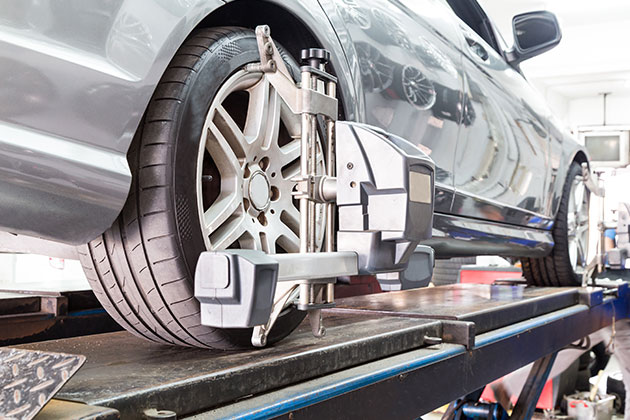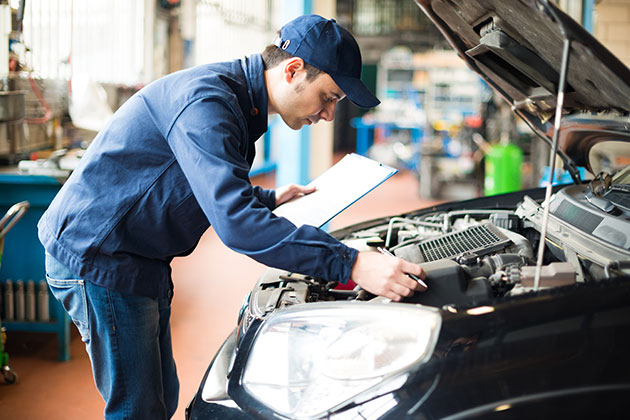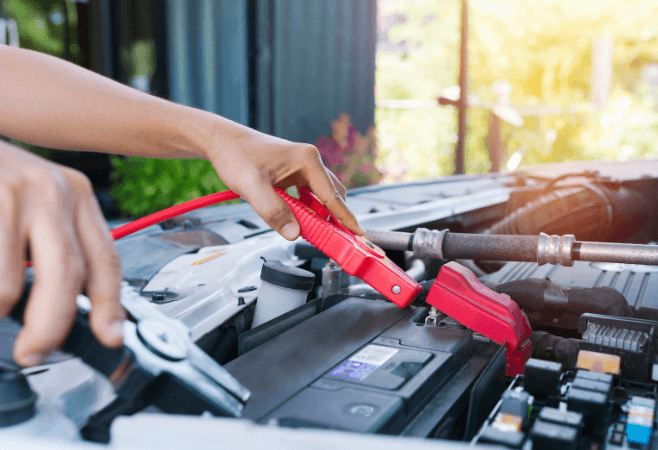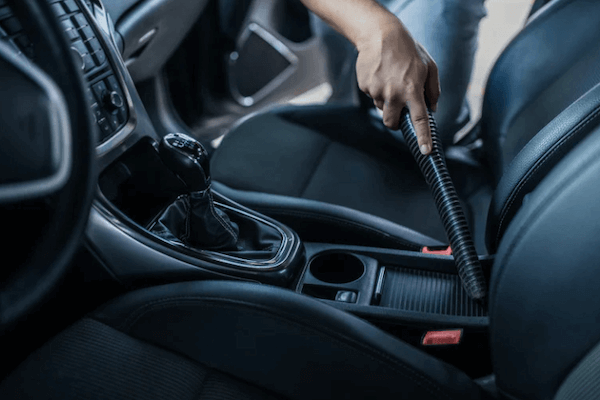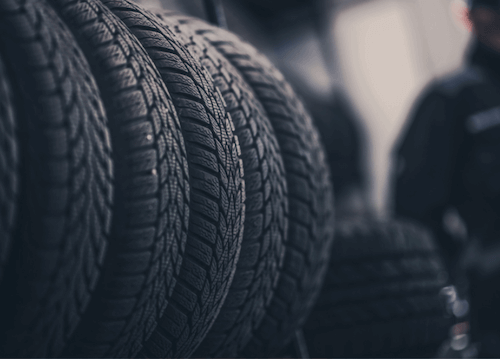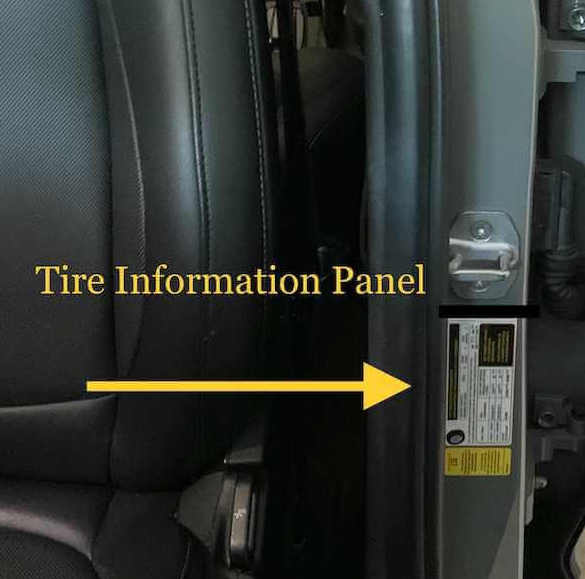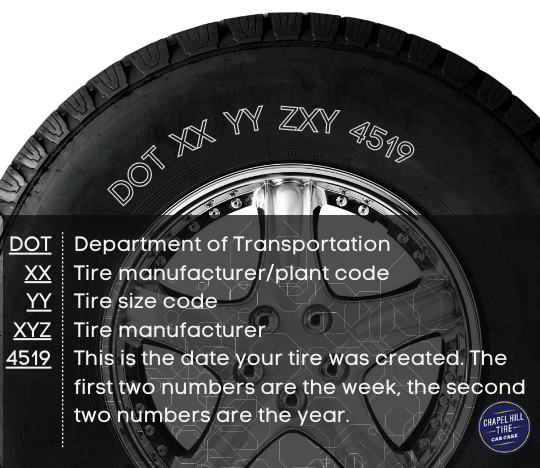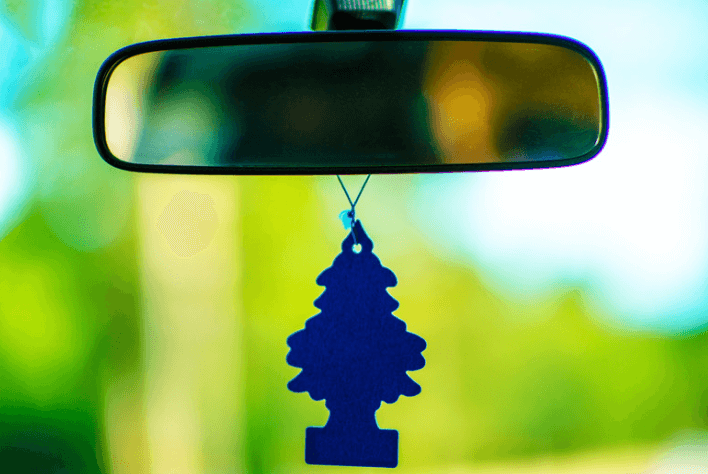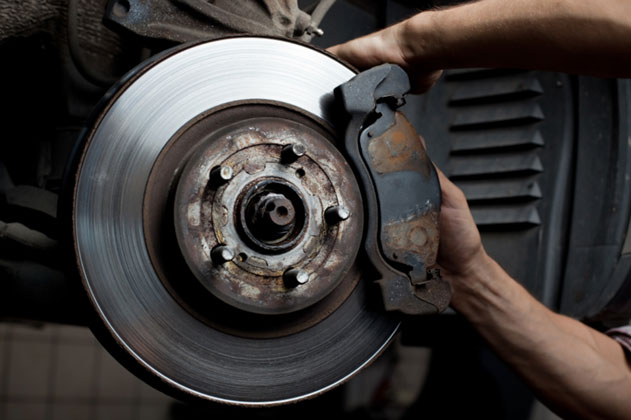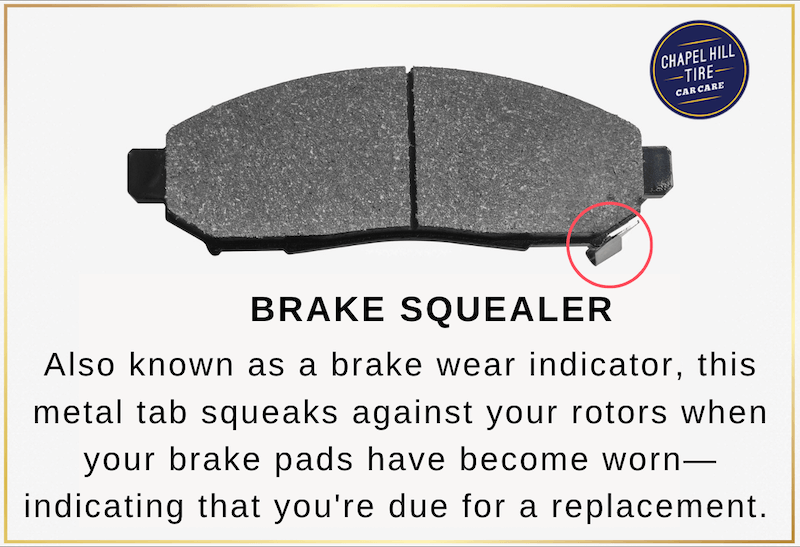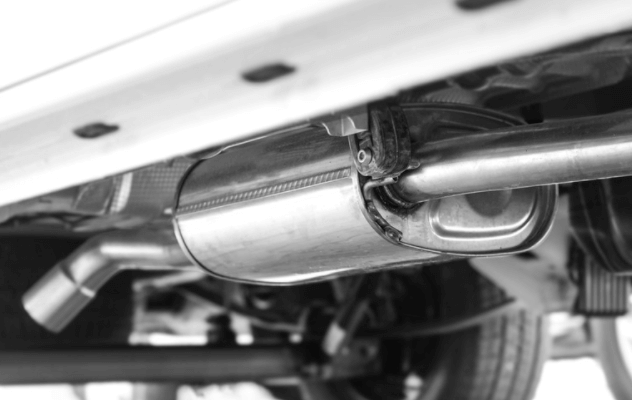Your vehicle requires maintenance to stay in good working condition. Some services are recommended but are not necessary—like AC repair and car wash/detailing services. These types of services can provide comfort and help your vehicle last longer, but it is not critical you complete them right away. Other services, like oil changes and tire alignments, are absolutely essential to the immediate health of your vehicle. So what makes tire alignment so important? The local mechanics at Chapel Hill Tire are here with insight.
1: Keeping You Safe on the Road
Your tires are vital in helping you steer, handle, and stop your vehicle. However, when your tires are not aligned properly, they will begin to wear rapidly and unevenly—impacting their ability to help you control your vehicle. Such tire issues can lead to accidents or prevent your ability to manage driving challenges like inclement weather.
Additionally, healthy wheels default to pointing straight ahead, while misaligned wheels are known to naturally veer to one side. A key sign of alignment trouble is when your vehicle pulls while driving rather than guiding you straight ahead. If you lose your grip on the steering wheel for even a moment, misaligned tires can begin leading you into oncoming traffic.
2: Protecting Your Tires
Healthy wheels will allow your tires to evenly distribute the weight of your vehicle. However, when bumps in the road throw off your alignment, it will also disrupt this weight distribution. As such, alignment troubles can cause certain tires or tire elements to experience extra friction. The friction will wear away at your tire tread rapidly, requiring you to replace one or more of your tires.
3: Passing Your Inspections
Healthy tires are required to pass your NC safety inspection and emissions inspection. As mentioned above, alignment troubles can lead to accelerated and uneven tire wear. In these cases, you will need an alignment and tire replacement before passing your inspections and renewing your registration. You can read our guide to everything checked during the annual NC safety inspection here.
4: Protecting Your Wallet
You might wonder, “Do I really need an alignment service?” Some drivers try to save money by passing on this service when your mechanic recommends it. However, you will end up paying much more long-term by skipping your wheel alignment. In these cases, you can end up paying for an alignment service AND new tires—as well as any additional care you might need to overcome service neglect.
5: Preventing Further Issues
Misaligned tires can cause a ripple effect that will begin impacting other vehicle elements. For example, your steering wheel might start to shake as your suspension system struggles. In addition, worn tires can leave your rims more vulnerable to scratches and bends. To prevent further issues, it is best to get your vehicle serviced at the first sign of an issue.
Car Alignment Service Near Me | Chapel Hill Tire
If you are wondering whether or not you need an alignment, visit Chapel Hill Tire for a FREE alignment inspection. Our local mechanics have you covered when you need an alignment service, tire replacement, or any other vehice maintenance. We offer all of the services you need to Drive Happy.
Our car care experts proudly serve the greater Triangle area with 9 locations across Apex, Raleigh, Chapel Hill, Carrboro, and Durham. We also commonly serve surrounding communities, including Knightdale, Cary, Pittsboro, Wake Forest, Hillsborough, Morrisville, and beyond. You can make an appointment, browse our coupons, or give Chapel Hill Tire a call to get started today!
